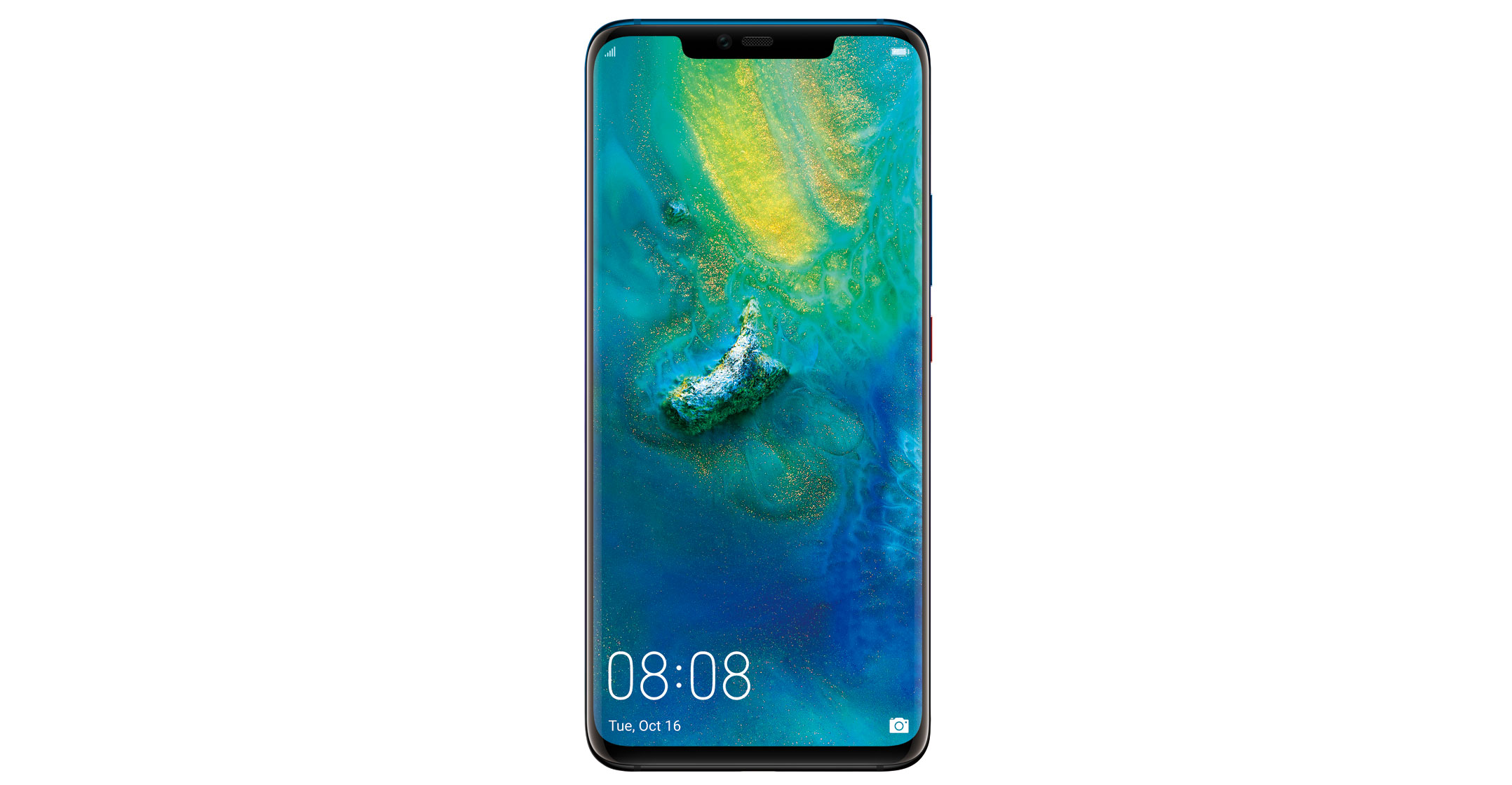
The trade war between the US and China is about to take its biggest bite out of Huawei yet, after Google confirmed the upcoming Huawei flagship phone won’t have licensed Google apps.
The Chinese giant is expected to unveil its new Mate 30 Pro next month, making it the first top-line phone launch since the company was blacklisted by the US and forbidden from trading with American partners. The Trump administration signalled several times it would ease sanctions on Huawei, leaving uncertainty about its ability to work with American suppliers of chips and software. But Google has now said its licensed apps won’t be on the next device.
For Huawei, this effectively sinks the Mate 30 Pro in markets outside of its native China. Bloomberg News reported in June that the blacklisting could result in a 40% to 60% drop in overseas sales. A senior Huawei executive said this month restrictions would cost its consumer business about US$10-billion in revenue growth, a “little less” than billionaire founder Ren Zhengfei’s initial estimate.
“Huawei can’t survive outside of China as a brand without Google apps and services,” said Anshel Sag, mobile industry analyst at Moor Insights & Strategy. “Everyone outside the country knows and is accustomed to using its software and services, even iPhone users. So, for Huawei not to offer those to their customers will be a major loss.”
Android’s core appeal is its ecosystem of apps, both first-party from Google and third-party from a universe of app developers and service providers. Without the ability to ship devices with Google’s own YouTube, Chrome, Gmail or Google Maps, Huawei’s hardware offering suffers. More importantly, without the Google Play Store, which is itself a licensed Google app, the Mate 30 Pro loses access to the diversity of Android’s app ecosystem and is thus rendered much less useful.
China the exception
China is the exception, as Huawei already operates without Google apps in its home country due to Google’s absence there. Huawei has developed its own mobile app store and additive services, and the Chinese market is also very different because of the dominance of WeChat, which for many people has taken over as the de facto operating system. So Huawei’s ascendancy and leadership of its home smartphone market look set to be extended with the introduction of a fresh device.
Even with US accusations that it presents a security threat, Huawei has enjoyed strong growth in other international markets, notably Europe. Customers there, however, expect a full app ecosystem, whether it be the iOS App Store with iPhones or the Play Store on Android, and so the Mate 30 Pro is likely to struggle to appeal to that audience without a wealth of apps. — Reported by Vlad Savov, with assistance from Gao Yuan and Gerrit De Vynck, (c) 2019 Bloomberg LP

